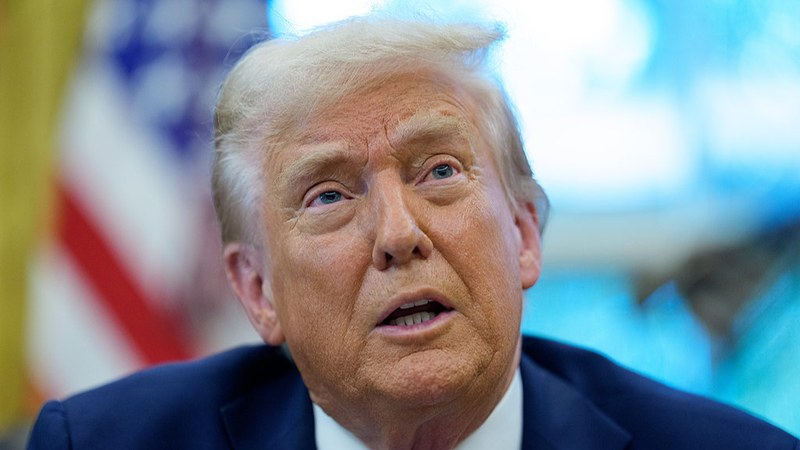In a bold policy shift, the White House has notified Congress that the United States is now engaged in a non-international armed conflict with drug cartels designated as terrorist organizations. According to a White House memo, these cartels are non-state armed groups whose actions amount to an armed attack against the United States.
The memo calls the cartels transnational players conducting attacks across the Western Hemisphere. While it did not name specific groups, it underscores a growing concern: drug routes and violence are evolving into what Washington views as organized combat operations.
Last month, U.S. forces intercepted three boats in international waters south of the Caribbean, reportedly linked to Venezuela, resulting in 17 fatalities. The administration described those aboard as unlawful combatants and defended the strikes as acts of self-defense.
These actions have sparked debate. Senator Jack Reed, top Democrat on the Armed Services Committee, criticized the administration for what he calls secret wars without transparent legal backing or clear evidence. Meanwhile, the Pentagon has deployed warships and amassed over 6,500 troops in the region, according to reports.
Venezuelan President Nicolas Maduro has accused the United States of using cartel threats to justify a military buildup and push for regime change. However, a 2020 report from the U.S. Drug Enforcement Administration notes that while some cocaine shipments pass through Venezuela, it is not the main source of U.S.-bound drugs.
As this new designation takes effect, questions loom: How will this reshape U.S. strategy at the border and abroad? And what are the legal, political, and humanitarian consequences of treating drug cartels as armed enemies rather than criminal networks?
Reference(s):
cgtn.com



